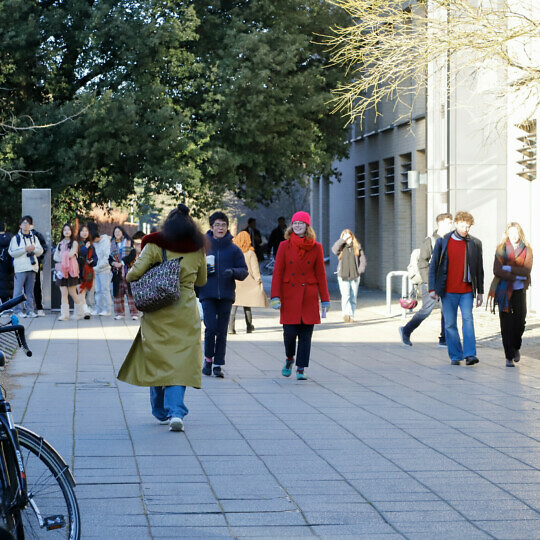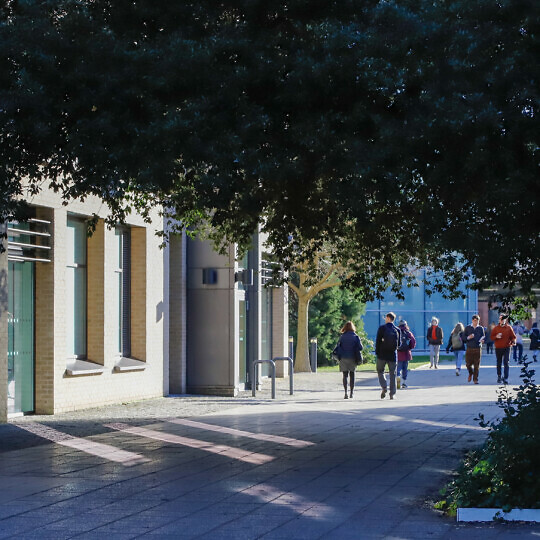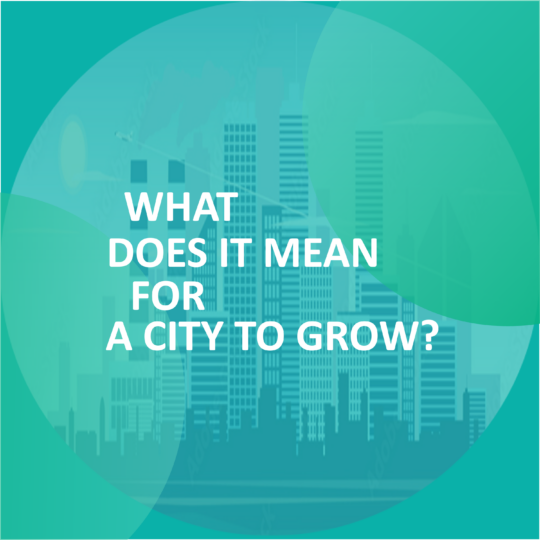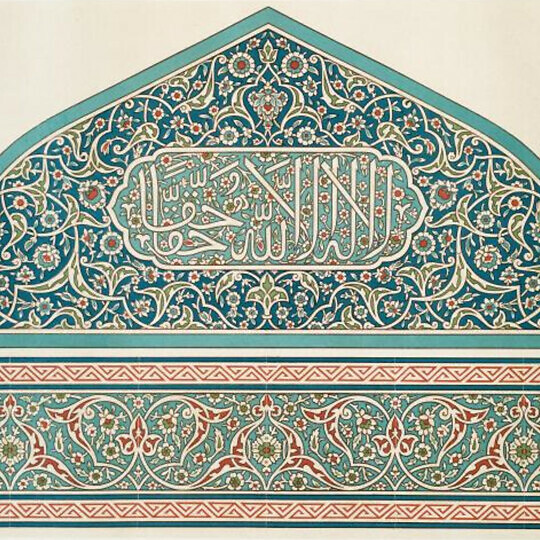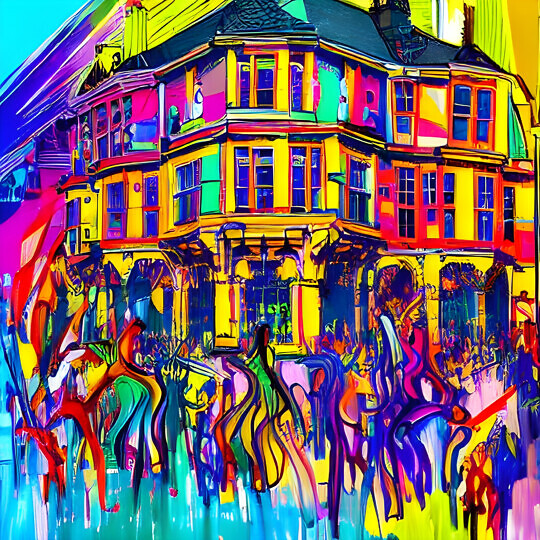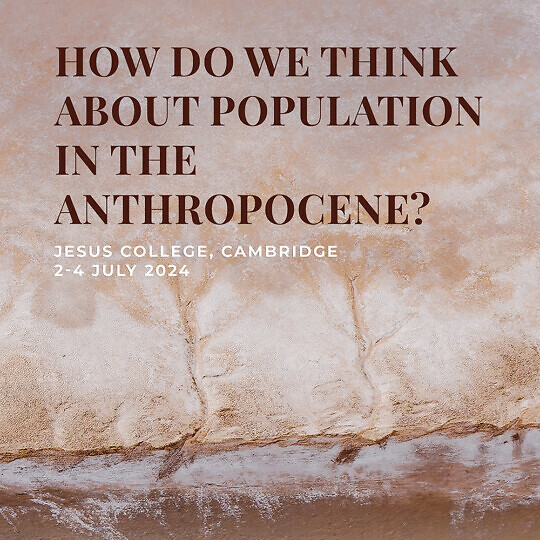| 20 Mar 2018 - 21 Mar 2018 | All day | SG1 and SG2, Alison Richard Building | |
- Description
- Programme
Description
Please note that this is a closed event. If more information is required, please email Dr. Carleton Paget on jncp1@cam.ac.uk or Dr. Gathercole on sjg1007@cam.ac.uk.
Convenors
James Carleton Paget (University of Cambridge)
Simon Gathercole (University of Cambridge)
Summary
The Contra Celsum of the Christian theologian, Origen, was written towards the end of the 240s, and constitutes the longest of this prolific writer’s works preserved in Greek. It was a reluctantly penned response to an anti-Christian work written possibly 70 years earlier by the pagan writer and Platonist Celsus with the title Alethes Logos, sometimes translated as The True Word. This latter work, insofar as it can be reconstructed (it is handed down exclusively through the hands of Origen), stands in stark contrast to all known previous anti-Christian polemics, both in the detailed knowledge it betrays of Christianity and in the involved and passionate nature of its polemic, which also incorporates discussion of Judaism, making it a unique and intriguing piece of ancient literature.
The conference will look at the background of Origen’s work, examining its place in his oeuvre as well as its origins. Why was it thought that a lengthy response to a work which might had been written decades before was thought necessary; and what does Origen betray about Christian concerns about the tract? The bulk of the papers, however, will be focused on Celsus’ True Word itself. Questions relating to its origins, its cultural context, its place within the so-called Second Sophistic, its ancient philosophical profile, and the motivating forces of its polemic will be examined in an attempt to take more seriously its Graeco-Roman setting, which is sometimes lost sight of in an attempt to read it as a document of early Christian history. Its place in that history will also be a subject of discussion with attention being paid to the image of Christianity it presents as well as questions of reception. The conference will conclude by examining the role of Judaism in Celsus’ argument and in particular the figure of the Jew whom Celsus uses to advance his argument against the Christians. In focusing on this one work in considerable detail, and with the aid of speakers and respondents who are theologians, scholars of ancient culture and philosophy, as well as experts in Judaism, it is hoped that a variety of significant and more general issues in the study of late antiquity will be illuminated in various ways.
Sponsors

Supported by the Centre for Research in the Arts, Social Sciences and Humanities (CRASSH), the Spalding Trust, and the University of Cambridge's Faculty of Divinity.
Administrative assistance: events@crassh.cam.ac.uk.
Programme
| Day 1 - Tuesday 20 March | |
| 10.15 - 10.45 | Registration |
| 10.45 - 11.15 | Welcome and Introduction James Carleton Paget (University of Cambridge) |
| 11.15 - 12.30 | Session One Lewis Ayres (University of Durham) ‘The Purpose of the Contra Celsum’
Respondent: Rowan Williams (University of Cambridge) |
| 12.30 - 13.30 | Lunch |
| 13.30 - 14.45 | Session Two Johannes Arnold (Sankt Georgen, Frankfurt) ‘Origen as a mediator of Celsus’
Respondent: Simon Gathercole (University of Cambridge) |
| 14.45 - 16.00 | David Sedley (University of Cambridge) ‘Celsus as a (Platonist) philosopher’
Respondent: George Boys-Stones (University of Durham) |
| 16.00 - 16.30 | Break |
| 16.30 - 17.45 | Session Three Teresa Morgan (University of Oxford) ‘Celsus’ Religion’
Respondent: Sophie Lunn-Rockcliffe (University of Cambridge) |
| Day 2 - Wednesday 21 March | |
| 9.00 - 10.15 | Session Four Tim Whitmarsh (University of Cambridge) ‘Celsus as a writer of the Second Sophistic’
Respondent: Rebecca Flemming (University of Cambridge) |
| 10.15 - 11.30 | Loveday Alexander (University of Sheffield) ‘Celsus and Christianity’
Repondent: Josef Lössl (Cardiff University) |
| 11.30 - 12.00 | Break |
| 12.00 - 13.15 | Session Five Sébastien Morlet (The Sorbonne, France) ‘The reception of Celsus’ Alethes Logos’
Repondent: William Horbury (University of Cambridge) |
| 13.15 - 14.15 | Lunch |
| 14.15 - 15.30 | Session Six Philip Alexander (University of Manchester) ‘Celsus’ Judaism’
Respondent: Martin Goodman (University of Oxford) |
| 15.30 - 16.45 | Judith Lieu (University of Cambridge) 'Celsus’ Jew'
Repondent: James Carleton Paget (University of Cambridge) |
| 16.45 - 17.00 | Break |
| 17.00 - 17.45 | Afterword and Summary Discussion of the Conference ‘Afterword’: Simon Gathercole (University of Cambridge) |

